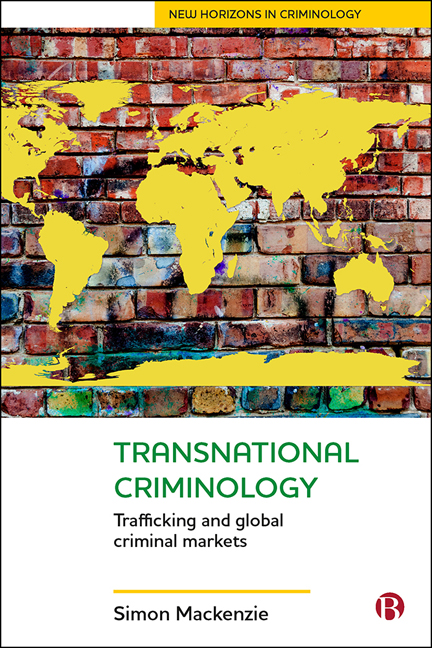Book contents
7 - Antiquities Trafficking
Published online by Cambridge University Press: 25 February 2021
Summary
The nature and extent of the harm
We have seen that the globalization of trade in the world economy has accelerated a trend that existed previously and is now continuing at pace: the expeditious removal of wealth and natural resources from developing countries and the accretion of these in richer nations. The natural resources referred to include raw materials and precious things like the diamonds and wildlife we have discussed in previous chapters. The tangible cultural heritage of countries might also by analogy be considered as if it were a natural resource for the purposes of this analysis, since it consists of ancient temples, statues and other artefacts that were manufactured hundreds of years ago and much of it now exists undiscovered under the ground or in a variety of states of abandon in jungles, deserts and other secluded regions of developing countries. Just as with wildlife, diamonds and the drain of other natural resources from the developing to the developed world, so it is with antiquities.
The harm done by antiquities trafficking is mainly twofold: historical and economic. First, historical knowledge is lost when antiquities are looted. Even where the objects are well preserved in the process, which is far from always the case, the archaeological context of the artefact's discovery is usually destroyed. Looters dig up heritage sites, graves and other underground deposits, messing up the site in the process and thereby denying archaeologists the chance to study the way the artefacts were deposited in the ground. Archaeologists learn much from this ‘context’ in which cultural objects are found, and they cannot reconstruct this lost knowledge simply by studying the objects themselves ‘out of context’ in the marketplace or in museums or other collections (Brodie et al 2000). Additionally, many objects are damaged in the process of looting, inadvertently or deliberately. The deliberate damage often occurs when large items are broken down for ease of transport or to make smuggling less obvious and problematic – so heads are cut from statues, or whole statues are broken at the ankles to be removed from their feet and pedestal, or large stelae (engraved stone panels from temples) are broken into pieces to be reconstructed later at the destination and so on (Mackenzie and Davis 2014).
- Type
- Chapter
- Information
- Transnational CriminologyTrafficking and Global Criminal Markets, pp. 105 - 120Publisher: Bristol University PressPrint publication year: 2020



